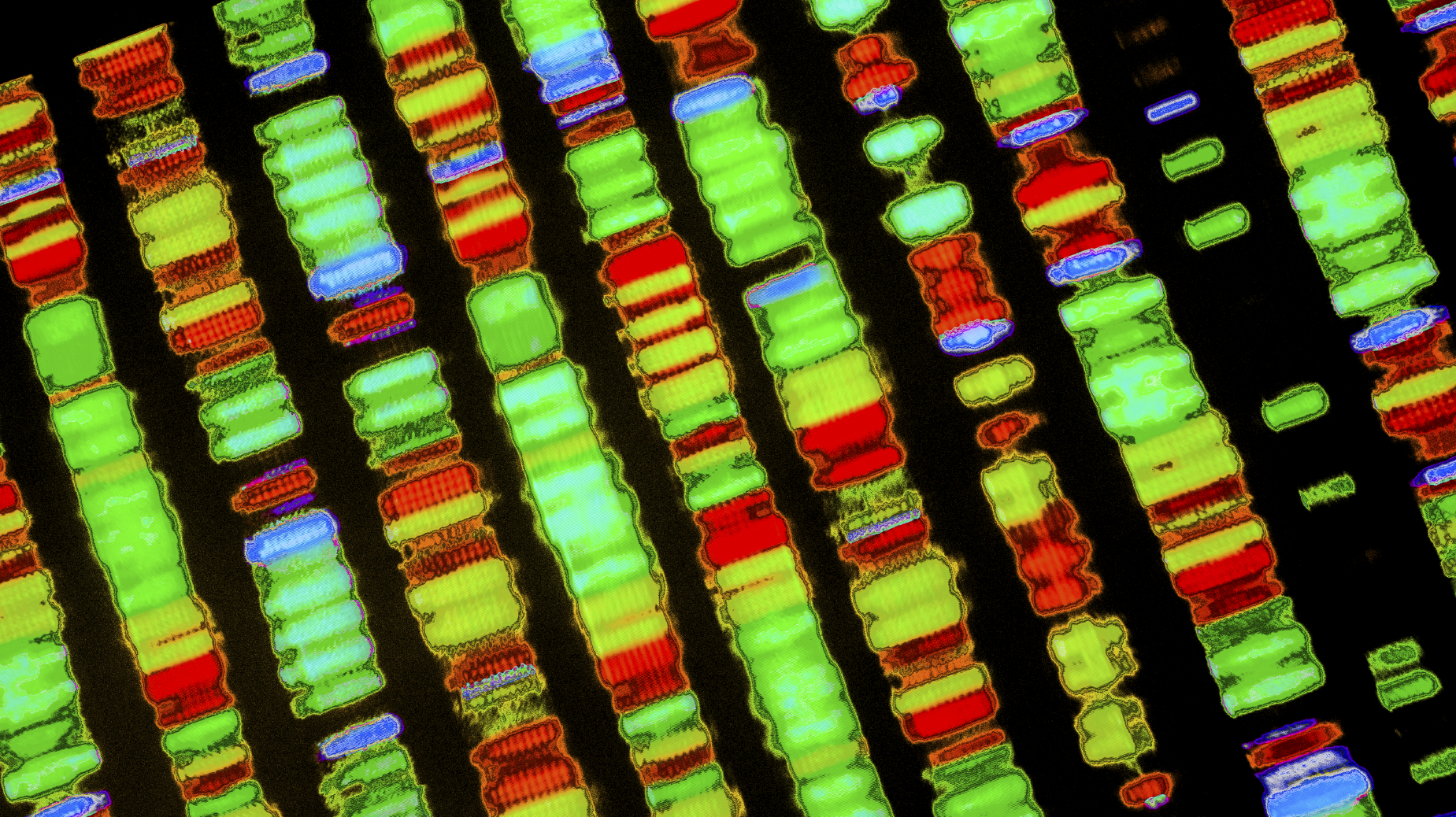Marathon sells Duchenne drug to PTC

After getting its fingers burned following its botched launch of Duchenne muscular dystrophy (DMD) drug, Emflaza, Marathon has opted to sell the drug to PTC Therapeutics – a company specialising in the disease that has so far failed to get its therapy ataluren approved in the US.
Marathon made the wrong kind of headlines last month when it tried to launch Emflaza – actually an older steroid used to treat some of the symptoms of the disease – at around $89,000 per year.
Before it was approved by the FDA, families of boys affected by the rare genetic condition DMD had been importing the drug and using it off-label at a cost of around $1,600 a year.
After 'pausing' the launch of the drug following heavy criticism from patients and the media, Marathon has now opted to sell Emflaza to PTC.
In the deal, announced today, New Jersey-based PTC has paid $140 million upfront - $75 million in cash and $65 million in common stock - and will pay Marathon another $50 million sales-based milestone payment.
Marathon will also receive payments from PTC as a percentage of net sales, receiving between 20% and 25% depending on the success of the drug.
Reuters reported that, in a conference call, a PTC spokesperson acknowledged that pricing of the drug “is receiving a lot of attention,” adding that the company believed “that a change has to made.”
PTC said it was “premature” to comment on the exact price, but added that “ensuring access to the drug (Emflaza) is a priority," noting that "until recently, only a small fraction of patients had access.”
Although PTC’s Translarna (ataluren) has been conditionally approved in Europe, the FDA refused to review the drug, which has failed in studies and also came up short in a cystic fibrosis trial.
But PTC earlier this month filed in protest and has used regulatory procedures to force the FDA to make a decision on Translarna by 24 October.
CEO Stuart Peltz said that, despite the study setbacks, the totality of the data for Translarna was enough for approval.
PTC’s move follows the FDA’s controversial decision last year to approve Sarepta’s Exondys 51 (eteplirsen) in DMD, even though its advisers had recommended rejecting it because of concerns that data did not demonstrate efficacy.













